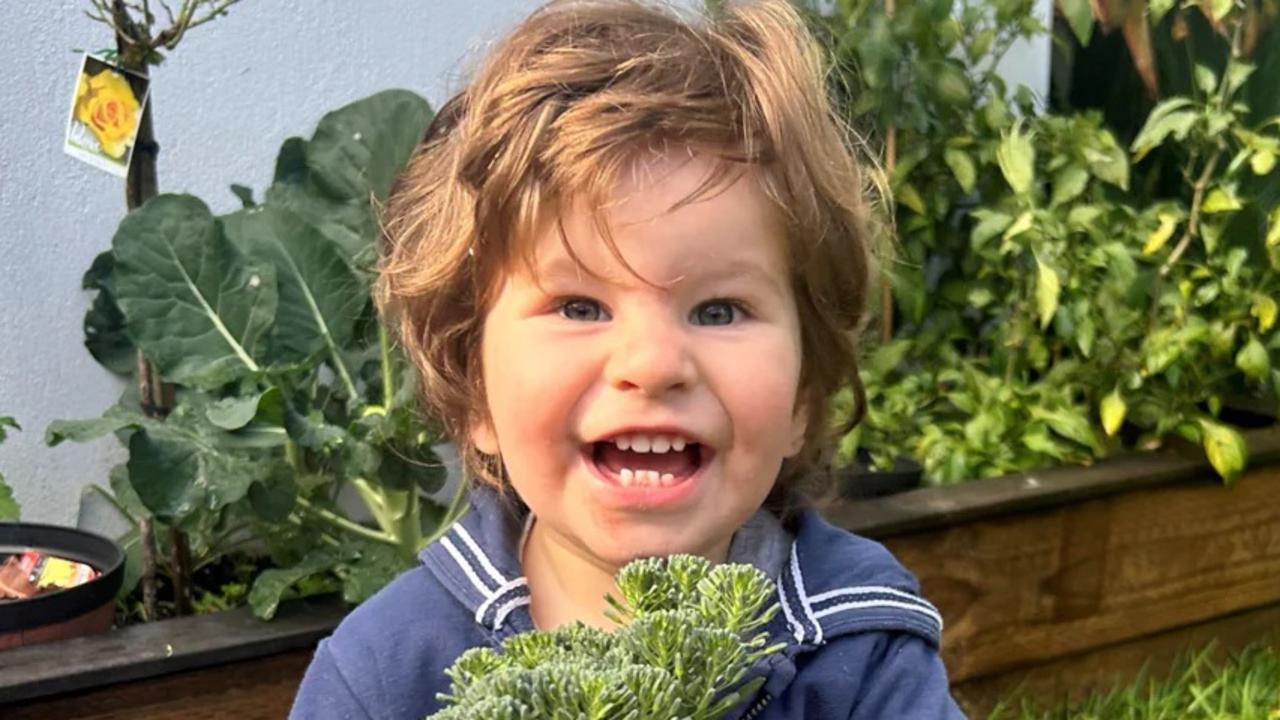This bad habit could give your kids cancer
One in six Aussies are potentially putting their friends and family at risk thanks to nasty chemicals left behind by a common dirty habit.
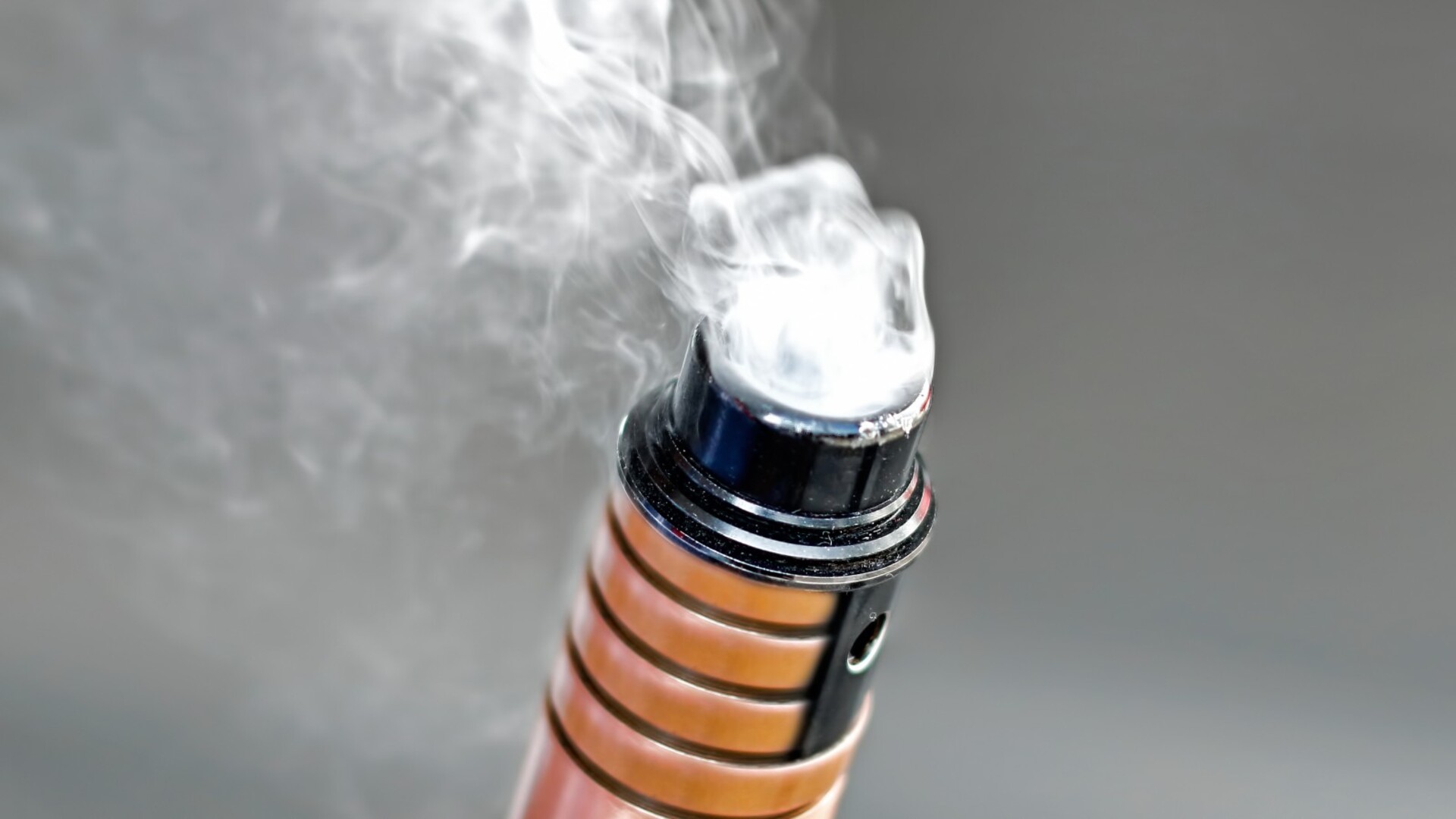
Illness
Don't miss out on the headlines from Illness. Followed categories will be added to My News.
New research has shown how the toxic habit nearly 2 million Aussies are struggling to shed could be significantly more dangerous than first thought.
In 2024, a Reddit user and self-confessed former vaping addict asked how to remove vape residue from their windscreen on the r/Detailing thread.
“For a couple of years I was hooked on those stupid flavoured disposable vapes and I smoked them heavily in the car,” said the user.
“Any time I cleaned the car windscreen it would never properly remove the residue and it’s just been building and building to the point where I’m getting bad glare coming in unless I have my windscreen air on at all times.”
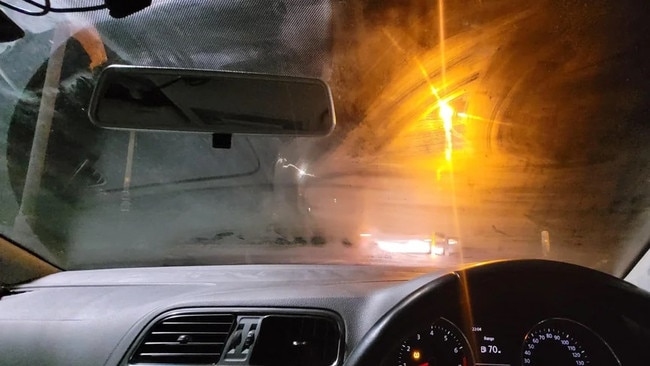
In the United States and Australia people are now banned from vaping in rental cars because vapour can obstruct a driver’s sight, but new research from the Woolcock Institute of Medical Research suggests bad vision should be the least of your worries if your mate’s car is caked in vape fluid.
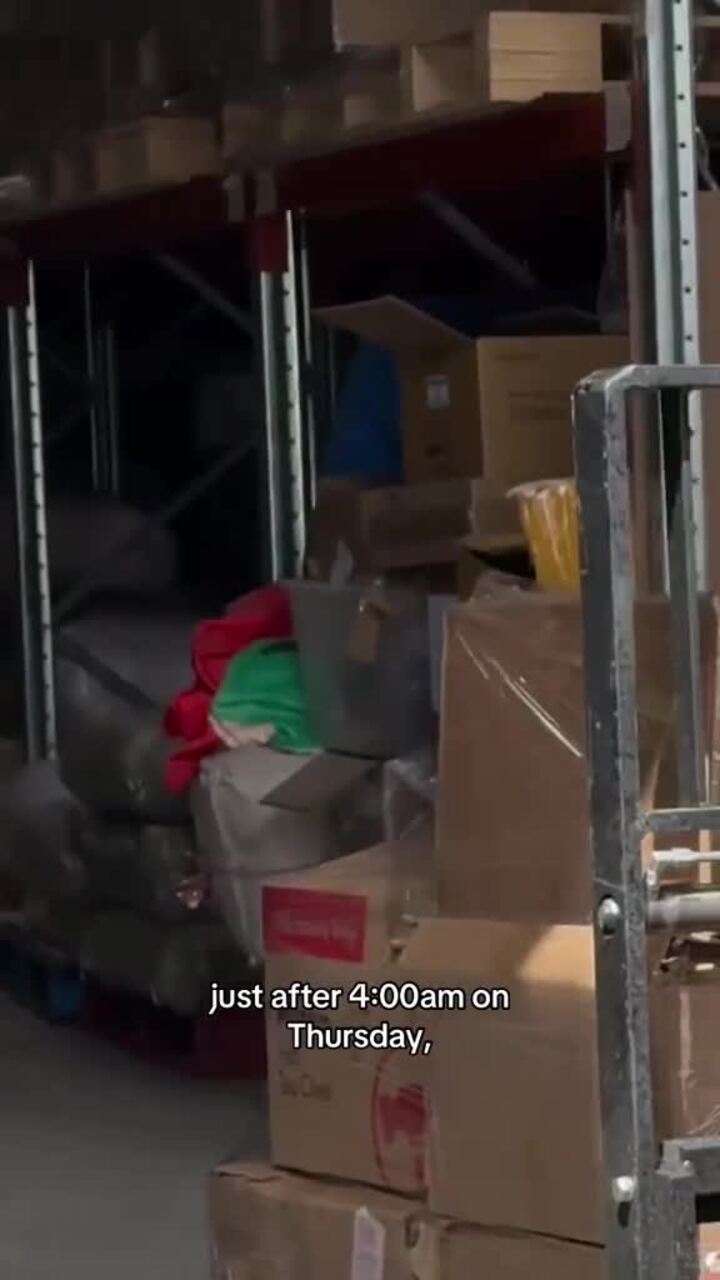
Scientists from the Institute found children and teenagers were highly susceptible to ingestion, absorption and inhalation of e-cigarette vapour simply by being within close proximity of the residue left behind by vaping.
The Institute used mice to test the effects of different types of exposure to vape liquid, and the results were alarming.
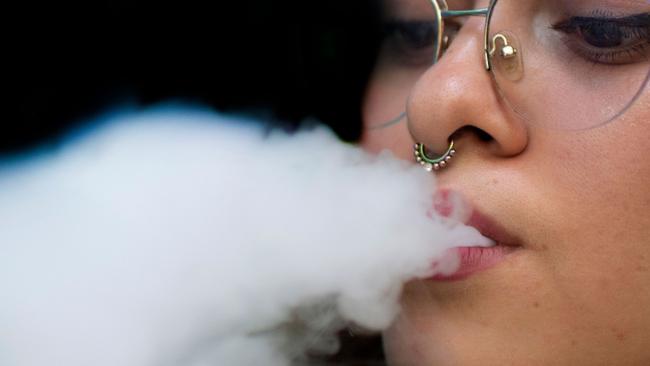
Mice that touched nicotine-free vape liquid exhibited problems with short-term memory – showing how vapes that don’t even have nicotine in them can still harm brain function and cognitive ability in people without being inhaled.
Mice which had been exposed to vapour that contained nicotine didn’t have the same memory problems, but did show heightened levels of anxiety – a symptom which is well documented in young adults.
Terrifyingly, brain cells were destroyed and brain inflammation was present in both cases.
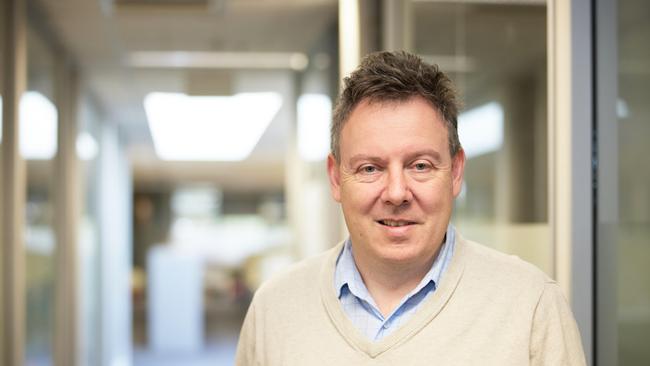
Lead researcher and distinguished professor Brian Oliver believes the Australian public deserves to be better informed about the dangers of third-hand vaping, especially young people who “don’t often think of these risks”.
“For me, it’s more about raising awareness. I’m sort of on the side that people should be allowed to do whatever they want as long as they understand what the risk is,” Prof Oliver explained.
“But where it gets tricky with third-hand vaping is that the child sitting on the couch or the colleague you’re driving to work didn’t ask for that exposure. And if they don’t know they’re receiving that exposure, that’s where I get concerned.”
Prof Oliver believes it is good practice to ensure you and your loved ones remain safe in areas that are likely to have high concentrations of vape residue, but also discouraged “paranoia”.
“If your child is going to (a vaper’s) house, maybe don’t let them crawl around on the carpet and let them put their hands in their mouth,” he said.
“If you’ve got a friend that vapes, just think about what that means for you.”
One of the most common chemicals in vapes is Formaldehyde, a component used most commonly for the preservation of corpses in hospitals and funeral homes.
It also causes cancer.
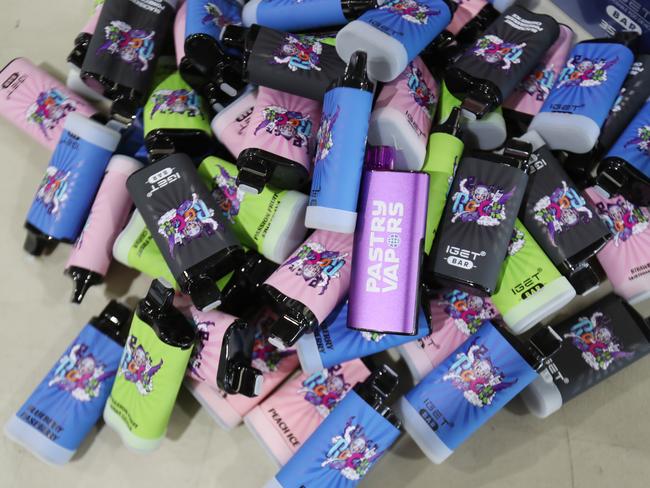
Prof Oliver said cataloguing the long-term effects of vaping from a young age is both difficult and frustrating, because so many people will likely have been exposed to long-term damage before any serious research can be done.
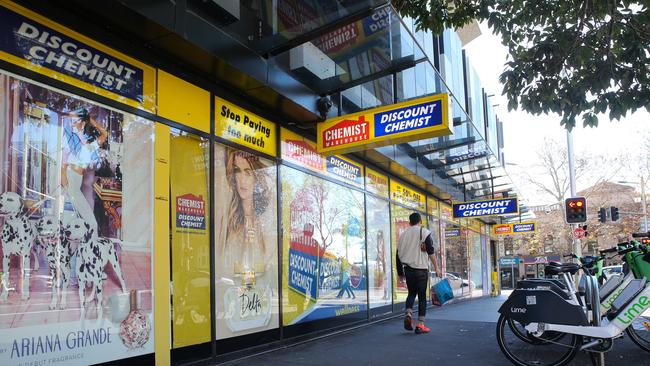
“Basically, exposure to Formaldehyde 100 per cent does cause cancer,” said Prof Oliver.
“The sad fact is that we’ve got to wait for those cancers to occur to come up with those definite facts. What I’d rather do is stop them all together. I’d much prefer there was no evidence because people aren’t vaping in the first place.”
Despite being effectively illegal to sell or purchase across most of Australia, vapes are still alarmingly easy to obtain.
According to the Royal Australian College of General Practitioners, around 1.7 million Aussies vape, with as many as one-in-five 18 to 24-year-olds estimated to be regularly taking hits.
Originally published as This bad habit could give your kids cancer



